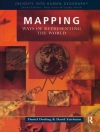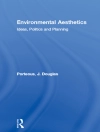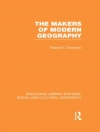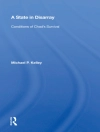In 2014, the ethics and politics of hospitality were brought into stark relief. Three years into the Syrian conflict, which had already created nearly 2.5 million refugees and internally displaced 6.5 million, the UN called on industrialised countries to share the burden of offering hospitality through a fixed quota system. The UK opted out of the system whilst hailing their acceptance of a moral responsibility by welcoming only 500 of the ‘most vulnerable’ Syrians. Given the state’s exclusionary character, what opportunities do other spaces in international politics offer by way of hospitality to migrants and refugees?
Hospitality can take many different forms and have many diverse purposes. But wherever it occurs, the boundaries that enable it and make it possible are both created and unsettled via exercises of power and their resistance. Through modern examples including refugee camps, global cities, postcolonial states and Europe, as well as analysis of Derridean and Foucauldian concepts, Migration, Ethics and Power explores:
- The process and practice of hospitality
- The spaces that hospitality produces
- The intimate relationship between ethics and power
This is a brilliantly contemporary text for students of politics, international relations and political geography.
Cuprins
Introduction
Genocidal Hospitality: Homes, Hotels and Homelands
Humanitarian Hospitality: Refugee Camps
Flourishing Hospitality: Global Cities
Unconditional Hospitality: (Trans-)Jordan as Postcolonial State
(Auto)Immunising Hospitality: EUrope
Conclusion: Risking Critical Practices of Hospitality












